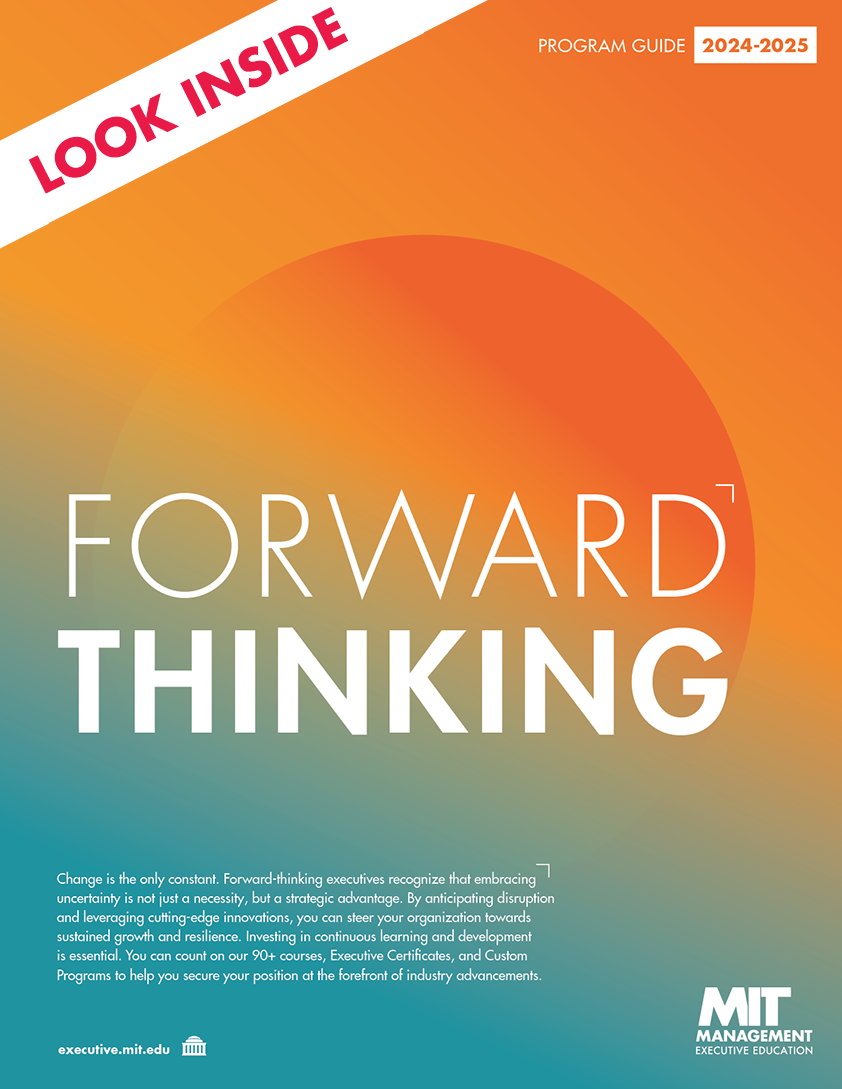While some of our participants are within driving distance of campus, the majority come from locations significantly more remote. Calvin Dalton is no exception. As an executive with BAE Systems, a multinational defense, security, and aerospace company, Calvin coordinates with the U.S. government on a variety of major projects—from Afghanistan.
The Afghanistan Country Lead and a Program Manager for his company, Calvin oversees the logistics of multiple operations—some involving more than 300 employees—each working to give the U.S. military and coalition forces support and clarity on what is happening on the ground.
Prior to his promotion to Country Lead, Calvin was a regional manager and a team supervisor, where he found himself coordinating among the U.S. military, NATO, USAID, Afghans, Georgians, U.K. army elements and intelligence groups, including individuals working from the strategic down to the tactical battalion level, as well as leaders at BAE’s U.S. Intelligence and Security headquarters.
“I was making it happen, but I started thinking that maybe there was something that could help me do this better,” said Calvin.
In 2014, Calvin saw an email in his inbox from MIT promoting the Strategy in a Global World program. “It was like a gift! And from MIT—I thought, ‘wow, this sounds good’.” While reading the course description online, he began browsing other programs and decided that, “if I was going to make the trip, I might as well stay for a couple weeks and make the most of the visit.”
Calvin selected several programs that occurred in the same time frame and that focused on managing people and systems, including Building, Leading, and Sustaining the Innovative Organization and Developing a Leading Edge Operations Strategy.
“The quality of instruction was phenomenal. The frameworks were taught by academics that were or still are practitioners—that was very valuable. When you have faculty with deep experience in the field, they know how to steer the course to make it applicable to real life.”
Calvin also found added value in being surrounded by peers who were pursuing business goals, “not simply taking the next step in an academic progression.” The courses provided him with an opportunity to bounce ideas off of professionals who are working on similar problems and get real-time feedback from peers and faculty. “That feedback was key for me.”
Calvin came back to MIT in 2017 to keep up to date with business trends and add to his arsenal of skills. As he began to rack up program days, he discovered he was on his way to earning an Advanced Certificate for Executives (ACE). As his career continues to advance, however, he can’t always make the long journey to campus, which is why Calvin has also taken advantage of the growing portfolio of online programs that we offer.
“The format of these online courses is great. You’re able to listen to the material and then are expected to provide actual work, such as problems you’re facing at work. While a lot of the work I do is sensitive, I was able to create comparable scenarios and receive very useful feedback.”
Calvin has served many roles in his career, and not just at BAE. While attending the University of Southern California he worked as a management consultant. After that, he joined the United States Marine Corps, where he served as a Marine Officer for 11 years, managing intelligence related issues, contributing to the planning for combat operations, and supporting tens of thousands of military service members. And now, even while working fulltime for BAE, he is also the Chief Sustainability Officer for the environmental sustainability startup eevig, an online solution that enables corporations to repurpose (give) their redundant assets to local charities and non-profits.
“The fact that both the in-person and online programs are broad based and apply across industries has been great for me, because I’m able to apply my learnings to my startup venture as well. While the operations strategy may be totally different between BAE and eevig, the principles always seem to apply from industry to industry.”
When asked how MIT Sloan’s Executive Education programs stack up against the many others he has taken throughout his career, Calvin stressed the uniqueness of MIT. “They don’t mirror other programs, they have their own methods, they use their own resources and research. They enlist incredible faculty and thought leaders. And the short courses work for a lot of people who can’t take weeks or months off at a time. It means the classes are very diverse, filled with unique, global perspectives.”
Calvin has also found that the courses he has taken at MIT don’t exist in a vacuum but instead resemble puzzle pieces that fit together. “You might learn a framework in one program, then eventually learn a different component in another, and one day you find yourself linking the two to compose a solution to a problem.”
Calvin looks forward to attending more programs soon and completing his ACE requirements.








